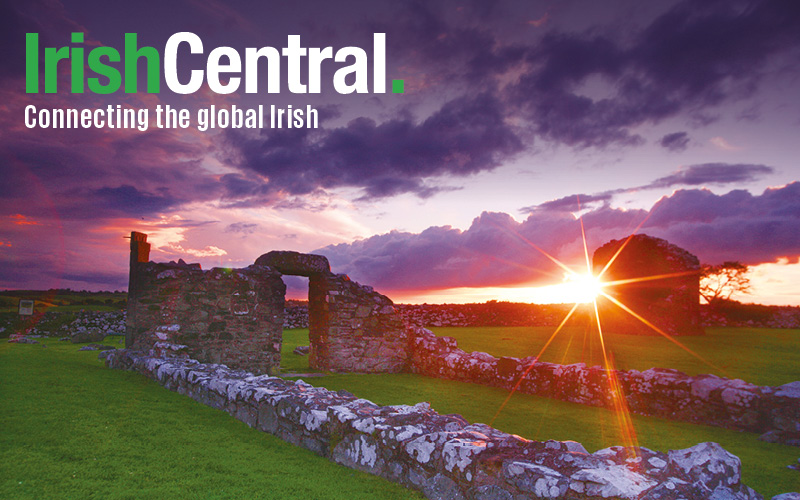The talks crisis in Northern Ireland is taking place without any involvement from the U.S., a loss that is keenly felt.
When you consider the roles of Senator George Mitchell, Richard Haass and Ambassador Jean Kennedy Smith and others in the original peace process, you understand how powerful the American influence can be.
With both sides deeply at odds once again after the failed power-sharing talks, it is clear the current distrust is deep and abiding and the need for an outside negotiator is clear.
The track record for American intervention is excellent. It is clear we would not even be discussing a return to power-sharing, which would have been an impossible scenario not too long ago, without American aid.
Indeed the linchpin of the peace, the Good Friday Agreement, would simply not have occurred without Mitchell and President Bill Clinton. All of which is a preamble to the reality that an agreement to restore power-sharing badly needs American involvement as a trusted go-between.
But the pieces need to be in place in order for action to occur. And now they clearly are not.
The U.S. ambassador’s residence in Dublin’s Phoenix Park has been unoccupied by an ambassador since January of last year.
The failure to name an ambassador to Ireland by the Trump administration has sent a clear signal to Ireland and Britain that Dublin hardly counts.
Amazingly, there are 41 major countries without a U.S. ambassador as the State Department continues to underperform and lose influence in this Trump administration.
Worldwide, countries are astonished that the U.S. has become so cavalier about foreign policy that they hardly consider ambassadors necessary.
A U.S. ambassador in the mold of a Kennedy Smith, and an envoy remotely like Mitchell or Haass, would transform the Northern Ireland talks.
There are extenuating circumstances as to why there is no ambassador in Dublin as philanthropist and top lawyer Brian Burns was originally chosen, but a health issue ruled him out and he regrettably had to withdraw his name. We can only hope the Trump administration leans in and finds a similarly qualified candidate.
Currently, there is also another crisis, this one occasioned by Brexit and what that means for Ireland north and south.
There is a school of thought that despite all the fine talk the British may seek to bully the Irish and win concessions on a brand new border.
As we have seen, the Americans at pivotal moments in the peace process used their deep friendships with both sides to find a way through – e.g. appointing Mitchell. An intermediary on Brexit may also be needed.
Taoiseach Leo Varadkar will be at the White House next month and should use the occasion to press strongly for a U.S. ambassador and a special envoy regardless whether no progress has been made in talks.
It is time for the U.S. to be back involved in Ireland, and the sooner the better.




Comments